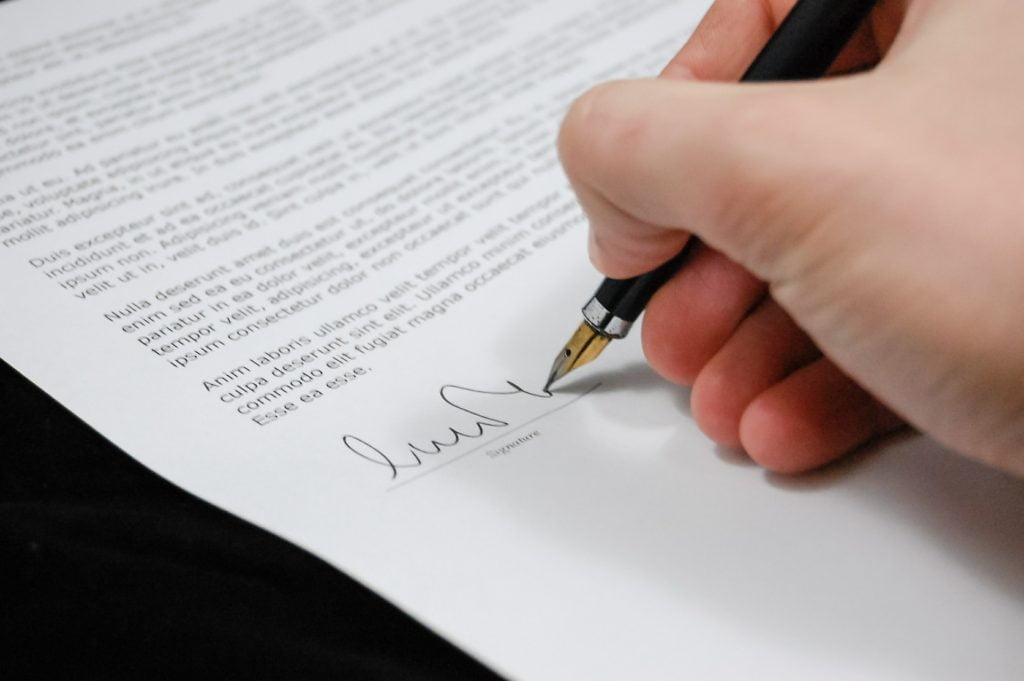What Every New Landlord Should Know Before Letting Out Homes
by Mashum Mollah Real Estate Published on: 09 December 2016 Last Updated on: 12 May 2025

There is a good deal of money to be made in real estate and sometimes the best investment is in rental properties. This is especially true if the economy is on shaky ground since many people may not want to risk a major investment at this time to buy a home, and banks may not lend as freely as they do when the economy is on the upswing.
If you are new to property lettings and have made an investment for residual income over time, there are some things you should know as a new landlord. You do, after all, want to protect your investment and get the biggest ROI possible. Here’s what you need to know.
Read also: 5 Features to Look for when Choosing a Property Rental Service
Why Insurance Is So Important:
Even new landlords know that they must carry insurance of some kind to protect themselves and their investment. The problem is, what kind of insurance do you need and how much cover should you carry? It helps to speak with an insurer that deals primarily with property letting insurance as this is a whole other product than regular property insurance.
You are not looking for basic homeowner’s insurance because technically, this isn’t your home and that may not have the cover you need. Instead, check out products like landlord insurance from HomeLet that is designed to protect landlords like yourself and your investment.
Always Notify Your Lender of Your Intention to Let:
Sometimes new landlords let out their old house when buying a newer one for the family and this could present a bit of a problem where the bank is concerned. Many homeowners don’t know that a bank will most often want to refinance, and yes at a higher rate if the property is to be let out.
A lender will not typically offer the same low rates for an investment property home as they do when it’s a family home, so to avoid any problems with the lender, always inform them of your intent to let out your house.
Don’t Settle for Standard Tenancy Agreements:
 Another problem area you may not anticipate as a new landlord is the tenancy agreement you sign with your new tenants. Make sure to stipulate any special clauses that might not be on a standard out-of-the-box form like those you can download online. Some examples of special clauses might be how they are to care for the grounds, the garden or any garden buildings that are on the property.
Another problem area you may not anticipate as a new landlord is the tenancy agreement you sign with your new tenants. Make sure to stipulate any special clauses that might not be on a standard out-of-the-box form like those you can download online. Some examples of special clauses might be how they are to care for the grounds, the garden or any garden buildings that are on the property.
You may want to ensure that the agreement stipulates no smoking indoors or a certain distance from the entryway doors and particular instructions on what type of fixtures they can install. Be as thorough as necessary to protect your property.
Read also: Top Estate Planning Mistakes to Avoid in 2017
Have You Considered Hiring a Property Manager?

Finally, even though you may not want to pay an agency to oversee your property and collect rent, sometimes it pays to hire a property manager. These are professionals who know how to run background and credit checks prior to letting out your property and they will schedule and inspect your property every six months or so.
If there are any problems, the tenants would call the property management company which avoids 2 AM phone calls whilst you are sound asleep or during the day while you are at work and cannot comfortably be disturbed. Any questions you might have could be answered by the management team and you can go on about your life knowing that your investment is in good hands.
Just remember, that as a landlord the rules have changed so stay informed and you should do well.
Read Also:
- 5 Work-From-Home Tips for Apartment Renters
- Safety Considerations For Property Management
- 5 Reasons Residential Property makes A Great Retirement Investment
- 7 Timeless Investment Lessons that can Help you Sidestep Common Traps
- DiversyFund Talks About Why Multifamily Value-Add is a Great Real Estate Investment Strategy



































































































